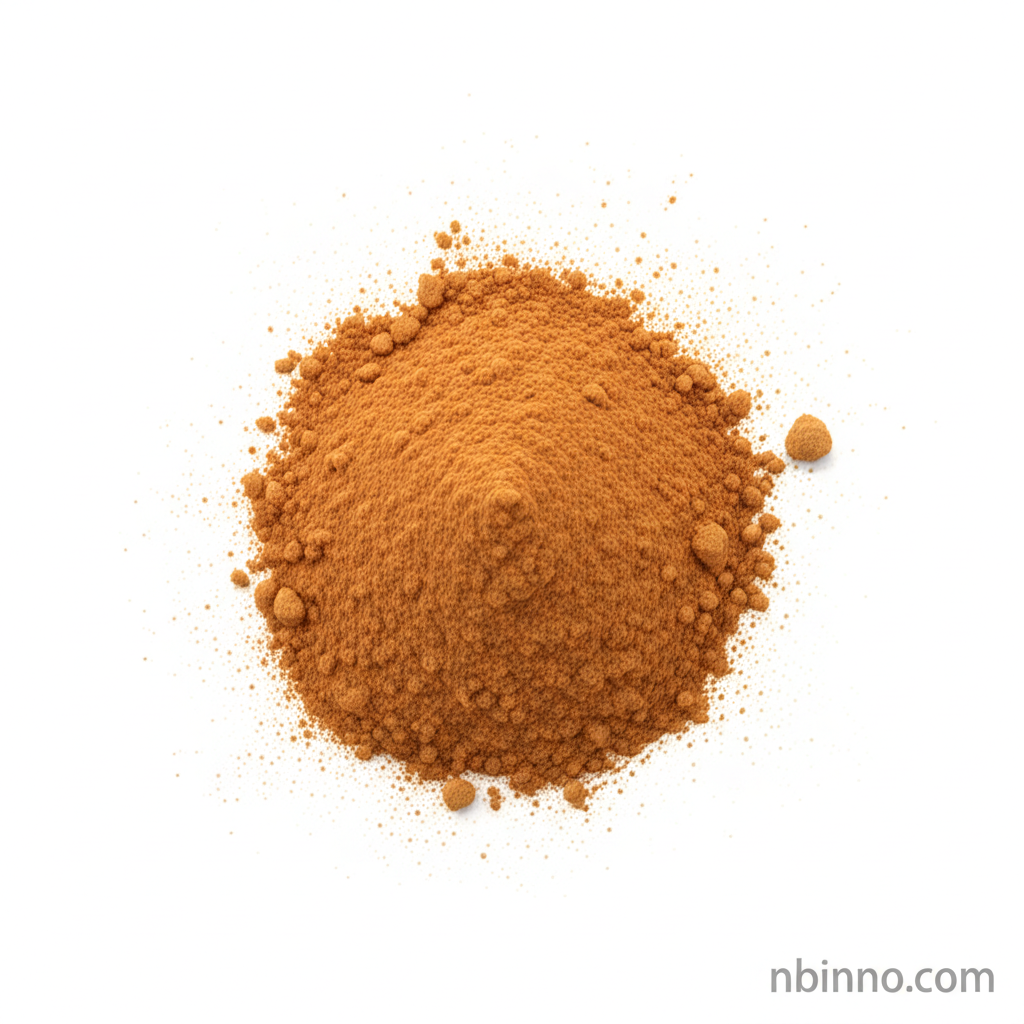Advancing Pharmaceutical Synthesis: The Role of 2-methoxy-3-(1-methyl-1H-1,2,4-triazol-3-yl)aniline
Discover the critical intermediate shaping future autoimmune disease treatments.
Get a Quote & SampleProduct Core Value

2-methoxy-3-(1-methyl-1H-1,2,4-triazol-3-yl)aniline
This compound is a vital synthetic raw material, primarily utilized in the intricate process of synthesizing non-receptor tyrosine protein kinases. These kinases play a pivotal role in developing novel treatments for autoimmune diseases, making this chemical a cornerstone in advanced therapeutic research.
- Critical for pharmaceutical intermediate synthesis, this compound's high purity (99% min) ensures reliable results in complex chemical reactions.
- As a key component in targeted therapies, its use in developing non-receptor tyrosine protein kinases directly addresses the need for precise autoimmune disease treatment solutions.
- The reliable chemical synthesis of triazolyl aniline derivatives like this is essential for the pharmaceutical industry's innovation pipeline.
- Its application as a precursor for pyridazines highlights its versatility in creating modulators for various disease pathways.
Advantages Provided by the Product
Exceptional Purity and Consistency
With a guaranteed assay of 99% minimum, this chemical intermediate offers unparalleled purity, crucial for reproducible and effective pharmaceutical manufacturing processes, ensuring the quality of final drug products.
Enabling Advanced Therapeutic Development
Its role in synthesizing key enzymes for treating complex conditions like autoimmune diseases underscores its significance in pushing the boundaries of medical innovation and improving patient outcomes.
Foundation for Chemical Innovation
This compound is a fundamental building block in organic synthesis, facilitating the creation of novel molecules and contributing to the broader field of chemical research and development, supporting robust pharmaceutical intermediate synthesis.
Key Applications
Pharmaceutical Synthesis
Serves as a primary building block in the synthesis of active pharmaceutical ingredients (APIs), particularly those targeting specific biological pathways in disease treatment.
Drug Discovery Research
Enables researchers to explore new therapeutic agents, especially in the development of kinase inhibitors for conditions such as autoimmune diseases.
Autoimmune Disease Therapeutics
Directly contributes to the creation of treatments for autoimmune disorders by acting as a precursor to key therapeutic molecules.
Fine Chemical Intermediates
Its well-defined chemical structure makes it a valuable intermediate in various complex organic synthesis projects beyond its primary pharmaceutical use.
